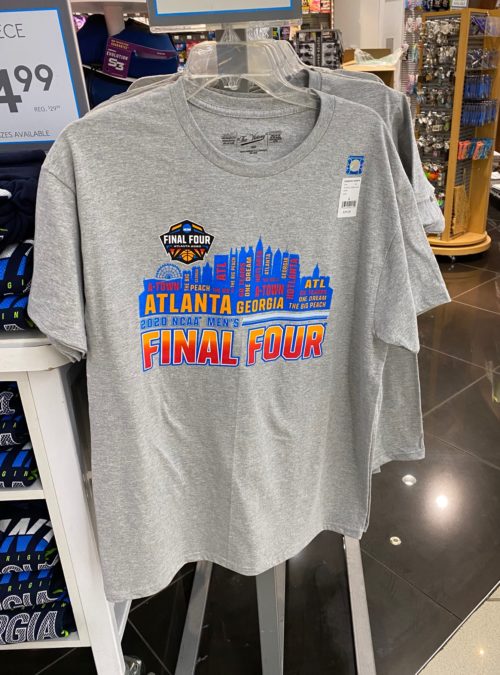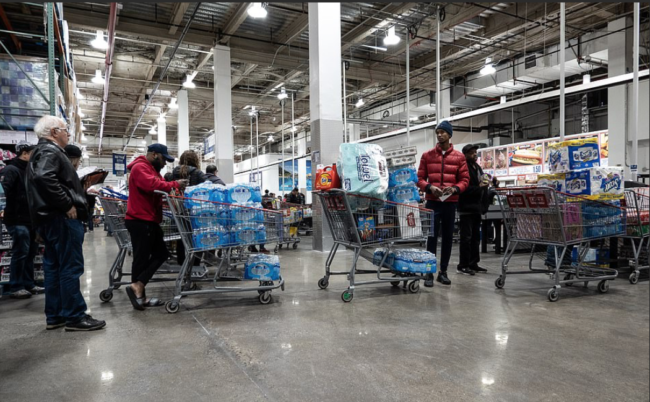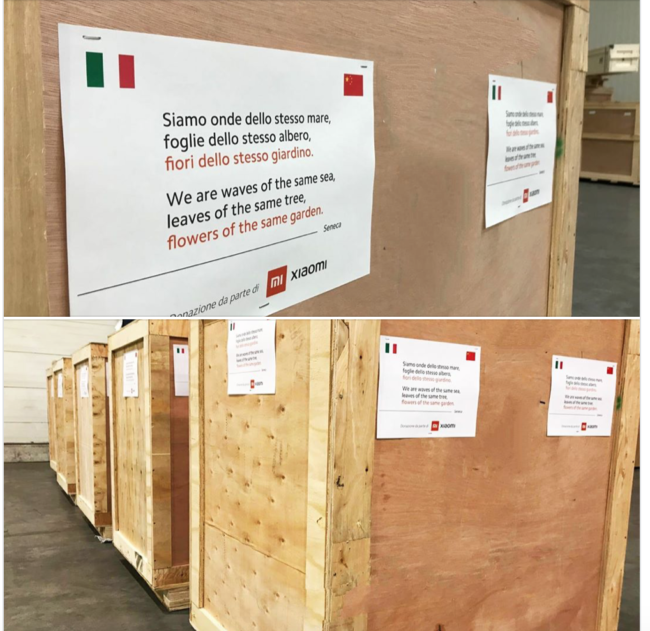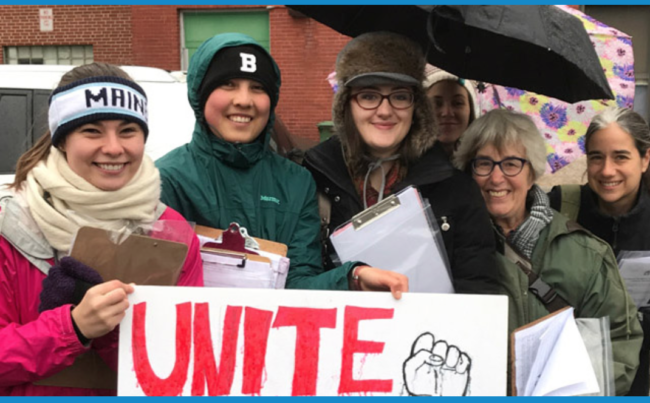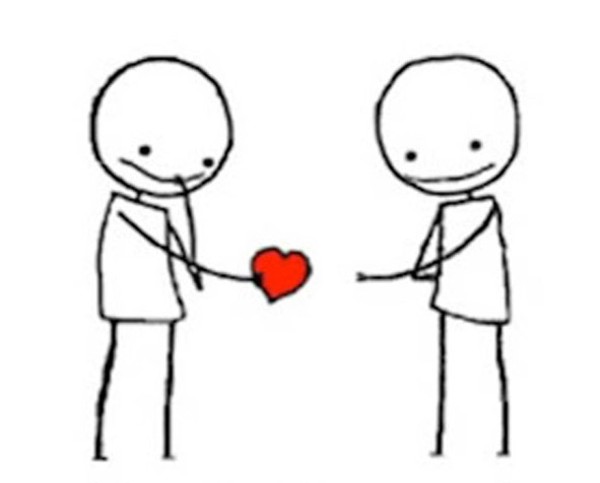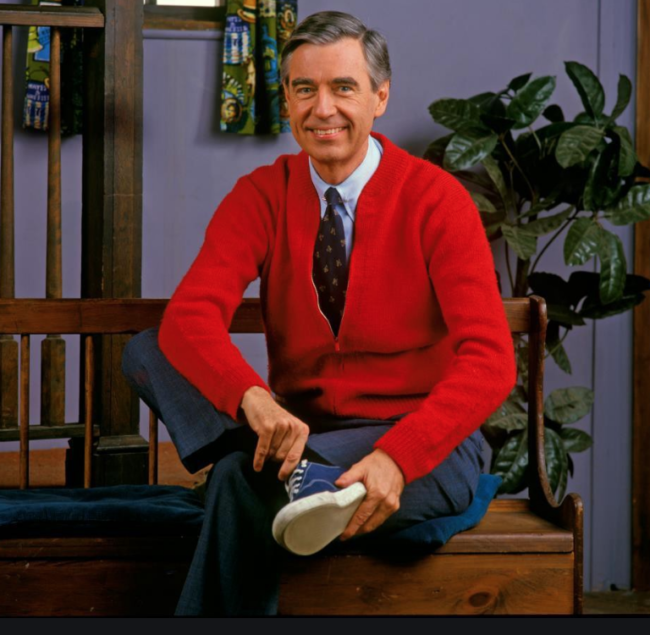Statements made by those for whom the coronavirus poses survival issues:
“I can’t afford health insurance. How will I manage if I get the coronavirus?”
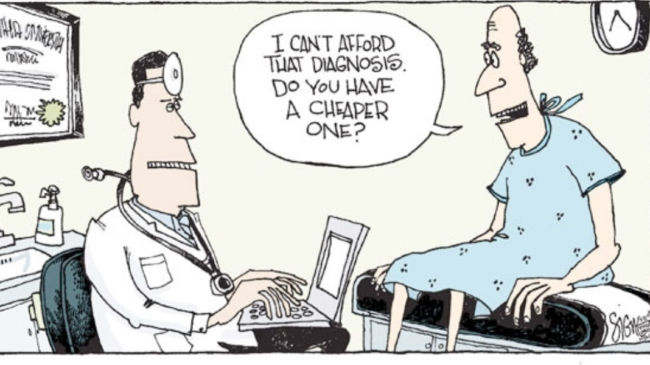
Representative of all those Americans who can’t afford medical bills, a worry if they contract COVID-19
“The restaurant where I work has closed. How will I pay my rent if I’m out of work for weeks or months?”
Responses from those whose lifestyle choices have been affected:
“I’m lost without being able to go out to eat with friends.”
“How will I survive without the NBA games or March Madness?”
Americans are in double-take mode, trying to absorb the dizzying pace with which coronavirus or COVID-19 is transforming our country. National anxiety is sky-high, exacerbated by Trump’s inept leadership. We lost precious time because he hesitated to mobilize a medical response. Our hospitals, doctors and nurses are woefully unprepared to treat the anticipated spike in COVID-19.
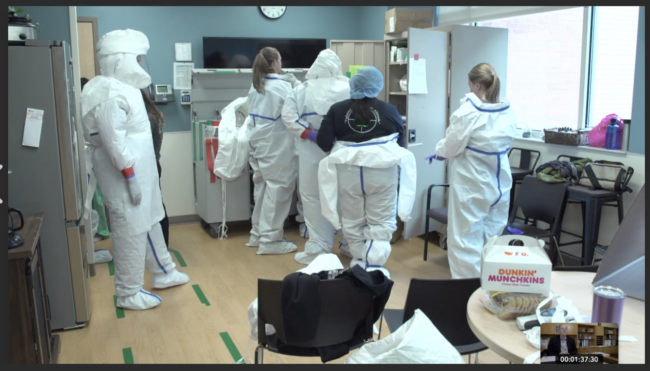
An American hospital where doctors and nurses are being fitted for suits to wear when treating coronavirus
Is it any wonder we’re all an anxious mess? Across the country people are in panic mode buying truckloads of toilet paper, obsessively checking themselves for symptoms and worrying how long their savings will last.
While it’s normal to worry about how the virus is affecting you and your family, obsessing about it will only make your crazy. To get a handle on your anxiety, limit time on social media replacing it with a book and/or Netflix films. Exercise reduces anxiety. Replace the gym with exercise at home or solo walks around your neighborhood.
You might feel less anxious and more hopeful by remembering the kindness that’s been sprouting up in response to the virus. For all those obnoxious people hoarding toilet paper, there have been counter expressions of public empathy. On the global stage, China, having contained COVID-19, sent masks to Italy with the inscription, “We are all waves from the same sea.”
In Italy where the whole country is in a lock down, neighbors take to their balconies to play instruments and sing in a makeshift chorus. The celebrated Italian tenor, Maurizio Marchini, delighted his neighbors by singing for them from his balcony.
In my community of Portland, Maine locals have created the website, Mainers Together where you can ask for help with transportation or procuring groceries, or volunteer to help others. A local landlord posted on Facebook that he wouldn’t be collecting rent for April. Several Portland restaurants are donating food to students who lost their food benefits when their schools closed.
Being confined to your home or apartment doesn’t have to rule out meaningful interpersonal connections. You can follow the heartfelt advice of Rabbi Yosef Kanefsky:
Every hand that we don’t shake must become a phone call that we place. Every embrace that we avoid must become a verbal expression of warmth and concern. Every inch and every foot that we physically place between ourselves and another, must become a thought as to how we might be of help to that other, should the need arise.
Fundamentally we have two choices going forward: we can be self-centered jerks like those who are buying-up staples like crazy, or we can let our better selves shine. For too long Americans have limited most of their social interactions to online websites. Now we have a golden opportunity to rediscover community in real time, which at the moment means supportive phone calls and emails and checking in with elderly or shut-in neighbors.
Wouldn’t it be wonderful if once the coronavirus subsides, we found that we had awakened our inner Mr. Rogers, experiencing a new love and appreciation for our neighbors?
